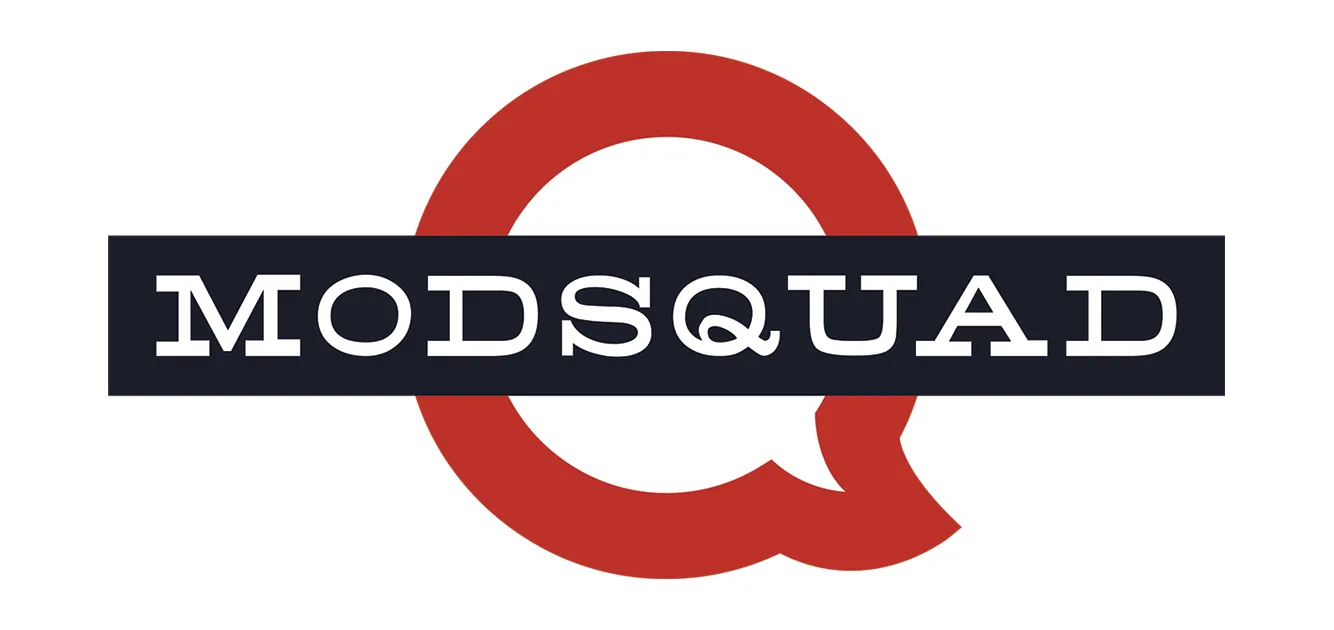
Twitter: It’s the Wild West Out There
“[Twitter] It’s sort of like the Wild West – cool, mysterious, but also sometimes dangerous and if you’re not careful you’ll catch dysentery.” –Rob W. Hart
 There are so few sentences that fully encapsulate the truth about Twitter. Companies can either utilize Twitter as an advantage or they can use Twitter to totally and completely ruin everything they’ve worked for. Since the advent of Twitter in 2006 it has grown like wildfire, spawning mini community movements as well as global awareness and even aiding government coups. In a world so drawn to the idea that with 140 characters you can convey more than an entire blog post- I realized, through error of my own, that with one click you can also make a devastating move that affects more than just yourself. With this in mind, I wanted to walk through a few ways in which you can hurt yourself and your company with some bad tweets.
There are so few sentences that fully encapsulate the truth about Twitter. Companies can either utilize Twitter as an advantage or they can use Twitter to totally and completely ruin everything they’ve worked for. Since the advent of Twitter in 2006 it has grown like wildfire, spawning mini community movements as well as global awareness and even aiding government coups. In a world so drawn to the idea that with 140 characters you can convey more than an entire blog post- I realized, through error of my own, that with one click you can also make a devastating move that affects more than just yourself. With this in mind, I wanted to walk through a few ways in which you can hurt yourself and your company with some bad tweets.
A common Twitter transgression, that I happen to have mistakenly fallen into, is regarding the use of your personal and career twitter accounts. Many third party Twitter apps like, Janetter (http://janetter.net/) and HootSuite (http://hootsuite.com/), boast the ability to merge all of your Twitter accounts into one convenient place, which is highly convenient… unless you forget which account you’re currently using. With such easy access, many people wantonly tweet from both accounts, disclosing personal and career information either too soon, while under Non-Disclosure contractual agreements or by revealing their own points of view (which may disagree with the views of the company they currently work and tweet for). A great example of a career tweet gone awry is when the clothing company Francesca’s former CFO Gene Morphis tweeted, “Board meeting. Good numbers=Happy Board.” By disclosing this information prior to the companies’ numbers being disclosed publicly, Mr. Morphis not only released information that violates many of his contractual and fiduciary obligations, but he also allowed a select number of people, his followers, potential inside trading information, which we all know is a business no-no.
 Another error that can come from confusing your Twitter accounts is the opportunity to mistakenly talk about a client or business partner in a negative light on your company’s twitter feed. Not only is it unprofessional but also dangerous as the client or partner is highly likely to launch a response tweet and you may discover that you’ve burned a very important bridge on your way to Twitter “Stardom” (aka infamy).
Another error that can come from confusing your Twitter accounts is the opportunity to mistakenly talk about a client or business partner in a negative light on your company’s twitter feed. Not only is it unprofessional but also dangerous as the client or partner is highly likely to launch a response tweet and you may discover that you’ve burned a very important bridge on your way to Twitter “Stardom” (aka infamy).
Some advice previously given to me came from the amazing Jennifer “Little J” Lowe. She shared, “Most people just tweet on the fly but as a brand you want to double check your tweets before you send anything out, everybody’s looking, everybody’s watching.” Another fantastic reminder is that: no matter what you do, once your tweet is out there it’s in the public domain and it can do some harm; too much information disclosed and too little knowledge regarding your current talking point can torpedo any social media buzz you may have going or it may start a negative spiral against your company. You want to ensure that whatever you share on Twitter has been checked, triple checked, spell checked and approved by someone other than yourself.
An important part of the Twittersphere is the art of patience and understanding. Things happen (especially when you have multiple people accessing and tweeting from the same corporate account). Businesses plan for multitudes of tweets, but they rarely plan for the negative press resulting from the mishandling of the platform, whether accidental or not. That sort of mix-up has the potential to sour business relationships and careers. If you can stick to positive tweets you reduce the potential for trouble. That being said, sometimes disclosing too much information too soon, as mentioned above with Gene Morphis, can really harm you.
Tweeting from a private account is innocuous from a business standpoint. Your account is still public-facing, and if you engage a company in a tweet that company may respond publicly. Remember that your name may be tied to even your private account, and it’s not that hard to Google and connect you to companies or careers, etc. Your name is your brand, after all. If you have a question or negative feedback for a company, double check which account you’re accessing, and then make sure that you’re confident with the Tweet you wish to send, and you’re willing to take responsibility for any random result. That small step is supremely beneficial for your pocketbook, your job, and your boss.
Molly Jones
Project Manager

